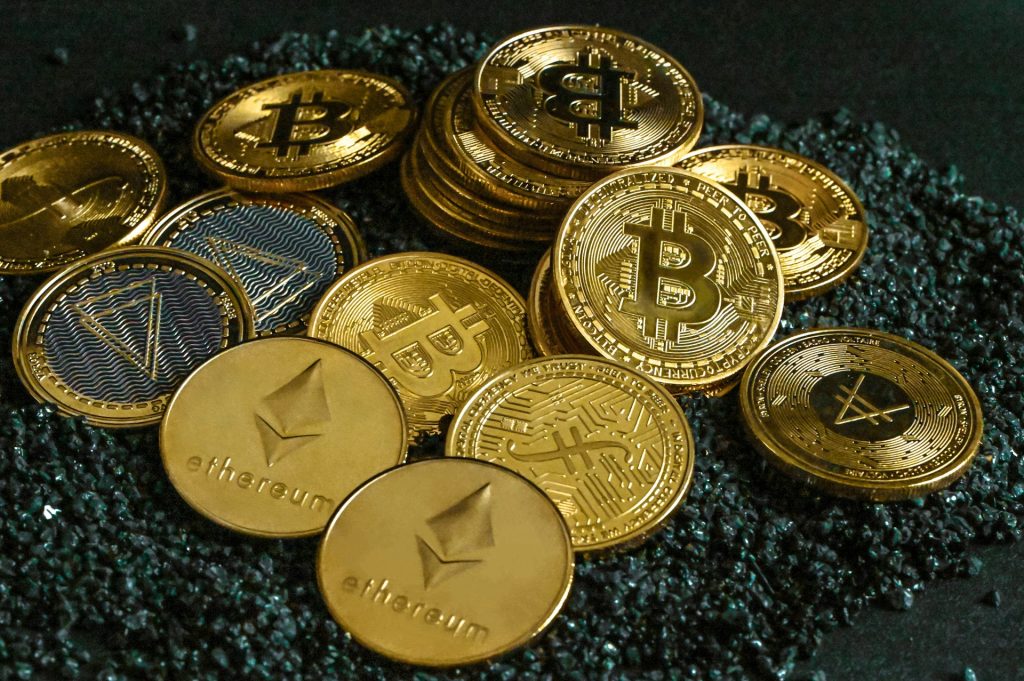Its rise from a simple utility token to one of the world’s most valuable cryptocurrencies is deeply tied to Binance’s rapid growth. But this close relationship also means that when Binance faces scrutiny, BNB feels the impact. With global regulators tightening their oversight of crypto exchanges, a pressing question has emerged: what happens to BNB if Binance comes under even more regulatory pressure?
To understand the potential effects, it’s important to look at how closely BNB is woven into Binance’s operations. The token was originally created to give traders discounts on fees within the exchange, but over the years, its role expanded dramatically. BNB now powers an entire blockchain — the BNB Chain — which supports thousands of decentralized applications, from DeFi projects to NFT marketplaces. It’s used for transaction fees, staking, and governance, making it integral not just to Binance but to a broader ecosystem of users and developers. However, Binance’s dominant influence over the token’s direction means that regulatory actions against the exchange inevitably ripple into BNB’s market perception and valuation.
Historically, regulatory challenges have already influenced BNB’s performance. Whenever governments or agencies have announced investigations, enforcement actions, or new compliance demands against Binance, short-term market reactions have followed. Traders tend to associate BNB’s value directly with Binance’s reputation, liquidity, and global reach. For instance, when certain jurisdictions restricted Binance’s operations or demanded licensing, BNB prices experienced volatility as investors speculated about the potential impact on trading activity and token utility. The token’s resilience in each of these cases, however, shows that BNB has grown beyond being solely dependent on the exchange.
If Binance were to face more regulation in the future — especially in major markets like the United States, Europe, or Asia — the consequences for BNB would likely unfold across multiple layers. The first would be psychological and market-driven. Investors could interpret increased regulatory scrutiny as a threat to Binance’s operational freedom, triggering temporary sell-offs or reduced trading volumes. In crypto markets, sentiment often moves faster than facts, so even the perception of risk can lead to rapid price fluctuations. However, the longer-term outcome would depend largely on Binance’s response — whether it adapts, complies, and continues expanding under clearer rules, or faces restrictions that limit its business.
In a positive scenario, tighter regulation could actually strengthen BNB’s position. Binance has been actively working to align with global standards, obtaining licenses in multiple countries and enhancing transparency around its operations. If stricter oversight results in more regulatory clarity and trust, institutional investors who were previously hesitant might start engaging with BNB-related products. This would elevate BNB’s legitimacy and potentially increase its demand, especially as more developers and businesses build on the BNB Chain. In this context, regulation becomes not a threat but a catalyst for maturity.
The other possibility is less favorable. If regulators impose heavy restrictions — for instance, curbing Binance’s ability to offer certain products, operate in specific regions, or list new assets — the exchange’s trading volume could decline. Since a portion of BNB’s demand is driven by its use for trading fee discounts and participation in Binance’s ecosystem programs like Launchpad, any reduction in exchange activity could weaken its short-term utility. Moreover, a severe legal or financial penalty could hurt investor confidence, leading to capital outflows from both Binance and BNB. In an extreme case, where Binance’s core operations are disrupted, BNB might need to rely more heavily on its independent blockchain ecosystem to maintain relevance.
Fortunately, the BNB Chain provides an important buffer. Over the years, it has developed into a self-sustaining network that no longer depends solely on Binance’s trading platform. Thousands of decentralized applications operate on it, generating real transaction activity and developer engagement. This diversification means that even if Binance were to face operational setbacks, BNB would still have ongoing demand as the gas token of a thriving blockchain. Developers would continue to use it for smart contract execution, staking, and governance — functions that exist independently of Binance’s centralized exchange.
Additionally, Binance has made efforts to decentralize the governance of BNB Chain and create a more autonomous structure. By reducing direct control and promoting community-led initiatives, it aims to distance BNB’s value from the company’s legal or regulatory exposure. If these efforts continue, future regulatory actions might have a less pronounced effect on BNB’s long-term trajectory. This gradual shift from corporate dependency to network-driven value could ensure that BNB survives and evolves regardless of the challenges facing Binance itself.
The broader crypto market context also plays a role. As regulators worldwide develop clearer frameworks for digital assets, exchanges like Binance may eventually benefit from the certainty that comes with compliance. While regulation might slow short-term growth, it could lay the foundation for sustainable, large-scale adoption. For BNB, this would mean operating in a more predictable environment — one where institutional investors, developers, and everyday users trust the system. In such a future, BNB could thrive as both a utility token and an investment asset, even under stricter oversight.
Ultimately, what happens to BNB under heavier regulation depends on how Binance continues to evolve. If it embraces compliance, maintains transparency, and reinforces the independence of its blockchain ecosystem, BNB could emerge stronger — a bridge between centralized finance and decentralized innovation. If, however, regulatory challenges escalate to the point of restricting Binance’s global influence, the token might face turbulence, at least in the short term.
What remains undeniable is that BNB has already proven its resilience. From market downturns to policy challenges, it has consistently adapted, supported by an expanding community and growing real-world utility. Regulation will shape its journey, but it’s unlikely to define its destiny. In many ways, the future of BNB will depend not just on how Binance reacts to regulation — but on how well the blockchain world continues to build beyond it.


